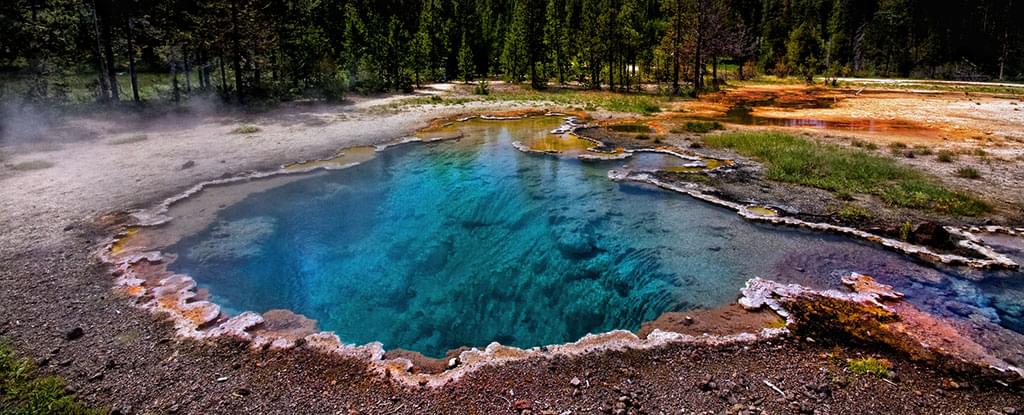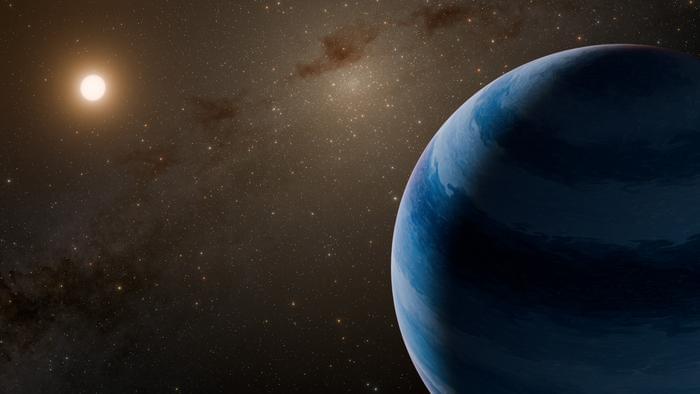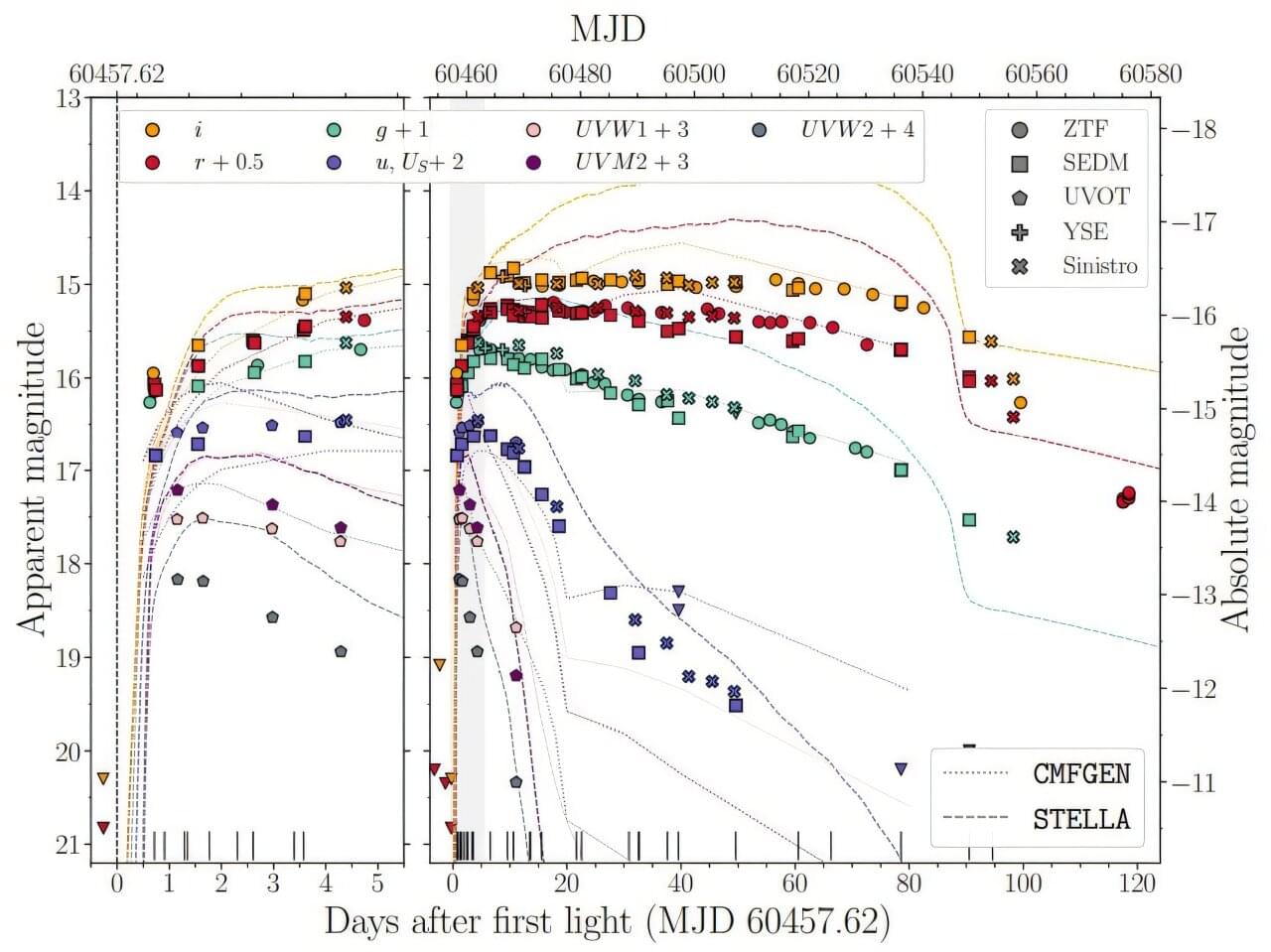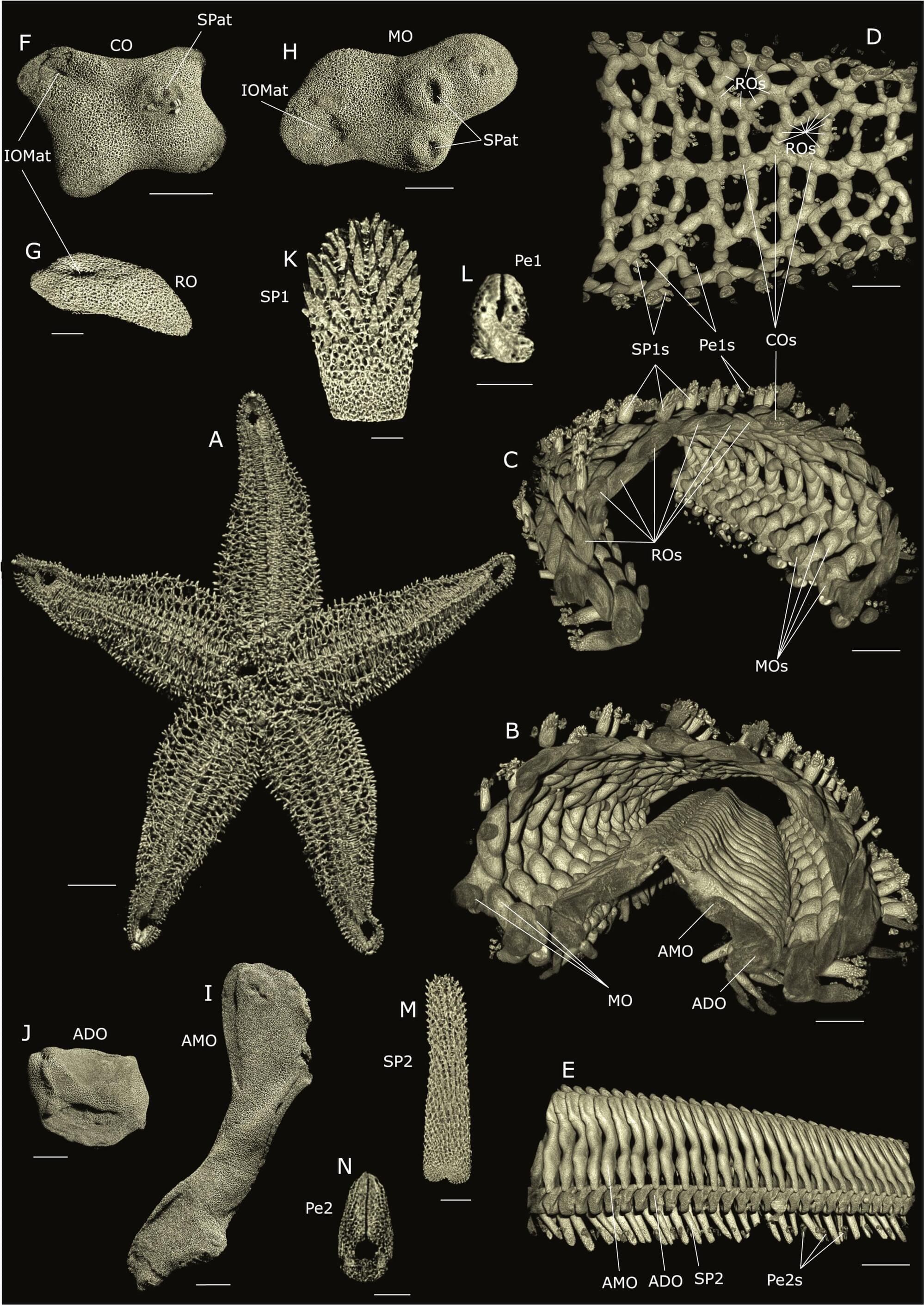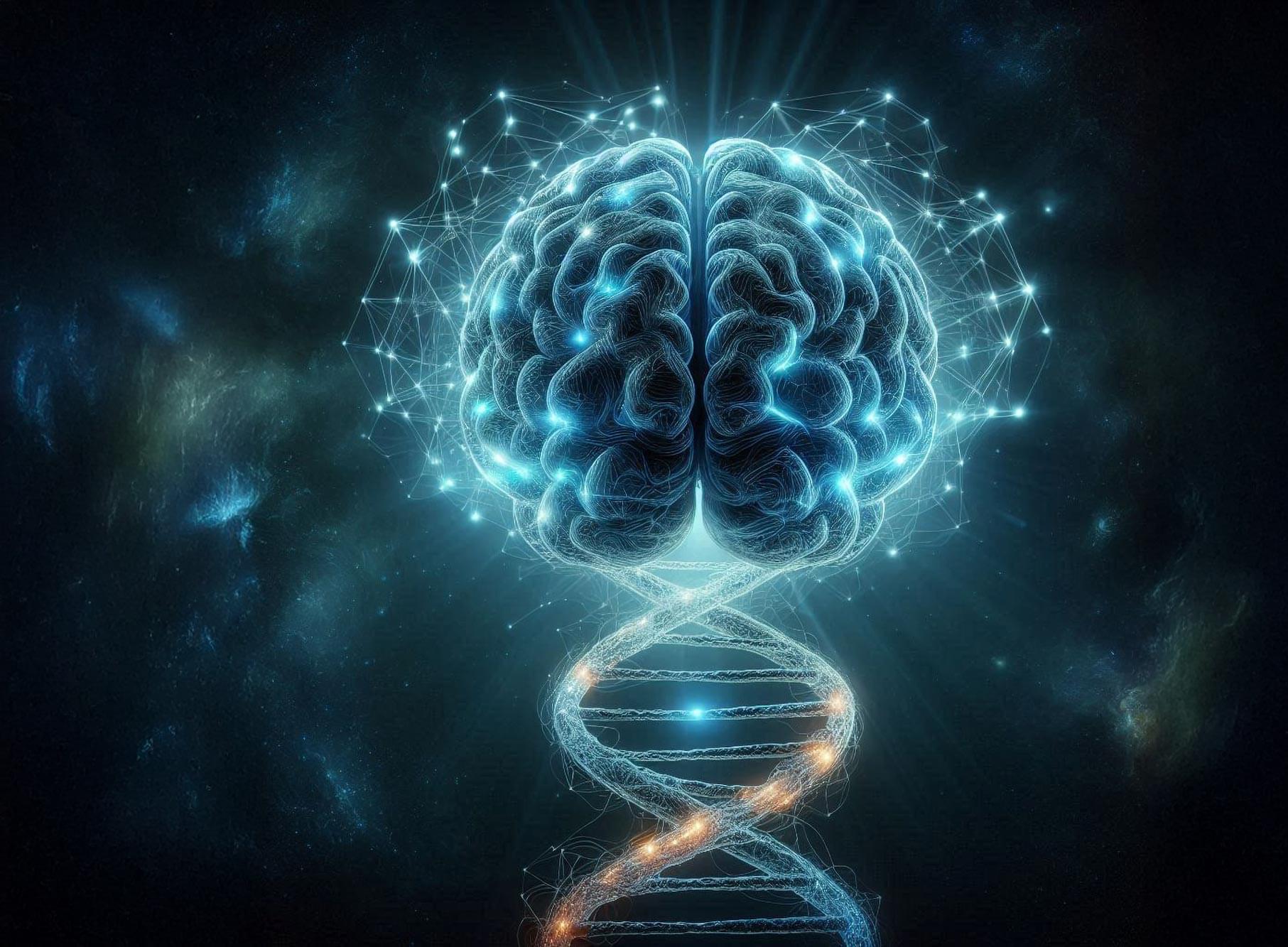Microbial life in Yellowstone’s Lower Geyser Basin may hold clues to the evolution of life’s exploitation of oxygen, according to a recent analysis by researchers from Montana State University.
T he inhabitants of the basin’s Octopus and Conch Springs live in kelp-like, gelatinous ‘streamer’ structures that wiggle furiously in superheated currents, which hover around 88 degrees Celsius (190 degrees Farenheit). Genetically similar to ancient bacteria and archaea, t heir existence is a window into the primordial soup from which life emerged.
While these microbial communities share many traits, the springs’ environments are different in a few fundamental ways.
